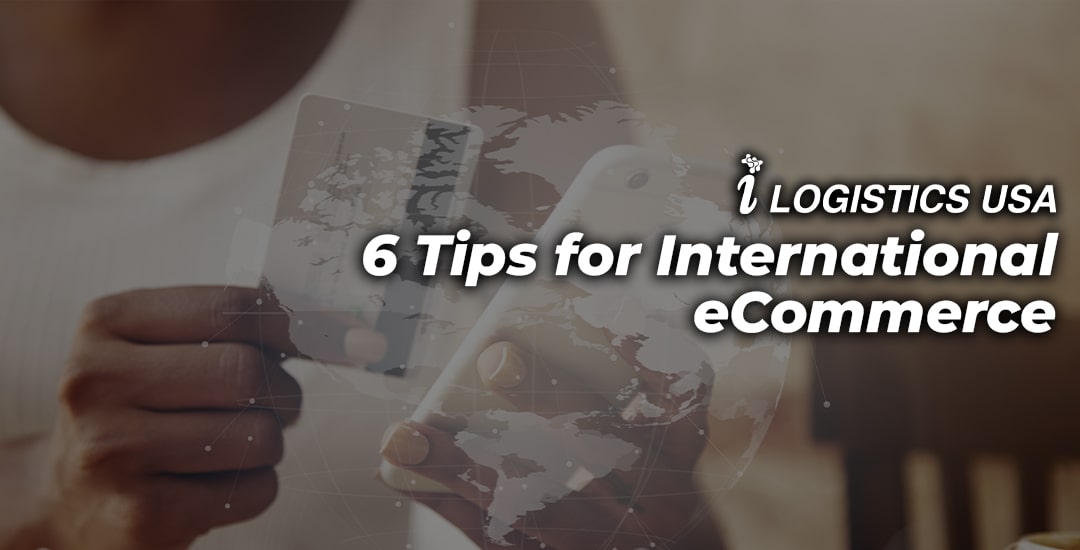6 Tips for International eCommerce
Global expansion is an exciting prospect, but if you don’t know what you’re getting yourself into, you’ll quickly discover that your business isn’t scalable.
There are no shortcuts when it comes to international e-commerce. You should either go all in or all out. Selling to different regions requires a commitment to research and cultural understanding.
You can drum up global orders with a little bit of luck, but you won’t have long-term staying power without a plan.
Your efforts won’t prove profitable either. If you’ve made the commitment to international expansion, here are five tips to ensure a smooth transition:
1. Localize Your Website
How does your website come across to international visitors?
Does it speak their language? Does it use verbiage they’ll understand? Are prices displayed in their local currency?
Preparing your website for global audiences will demand a significant investment of time and effort. But if you have the desire to sell overseas at all, this is something you must do.
If you want to make your online store relevant to international shoppers, you have to customize for specific markets. It won’t do you any good to dip your toes in the water – you have to dive right in.
2. Localize Your Marketing
How much do you know about the markets you’re selling to?
It’s not enough to localize your website – you also have to understand how one market differs from another, and tailor your offerings accordingly.
Many products cannot be shipped outside of your home country. Some customers prefer certain payment methods over others. Some countries spend more on electronics products than others.
There’s no question that getting acquainted with different customers is going to require effort on your part. But the results will speak for themselves.
3. Localize Your Accepted Payment Methods
Different buyers from different countries use different payment methods. How many are you able to accept?
Checks, PayPal, direct debit transfers, post office payments and credit cards are but a few examples of preferred payment methods.
If you’re going to be selling to as many markets as possible, it will also be necessary to accept as many payment methods as you possibly can.
Do your homework. Preferred payment methods differ by region, and if you know your markets, you should have a good idea of how to prepare.
4. Localize Your Strategy
A catch-all solution for international buyers is lazy and ineffective. You need to take a look at the differences in territories, and adjust your customer service and communication strategy based on the demands of the customers.
Find the right partners. Research your competitors. Determine what products are in demand in the markets you’re selling to.
The data you collect at this stage will prove invaluable, as it will be a deciding factor in the scalability of your business.
5. Find & Use Efficient Shipping Solutions
You need to ensure that your products can be shipped safely and efficiently. Without a proper distribution strategy, your expansion efforts will fail.
Customer satisfaction isn’t just about delivering the product. It’s also about shipping the product in one piece in a timely manner.
6. Enlist the Help of a 3PL
You already saw this coming, right? We’re not biased, we promise! In fact, a third-party logistics provider is key when it comes to international eCommerce. Market research is hard enough as it is – adding on the technicalities of international shipping and fulfillment is just headache-inducing. Take a little weight off your shoulders by leaving the logistics portion of your global strategy to the pros.
Remember that shipping costs vary depending on the region. You will be able to save on some orders, while other orders will cost more.
Avoid confusing global customers with your shipping fees. Come up with a plan. For example, offer flat rates so that your buyers know exactly how much it will cost them to ship the order. i Logistics USA can help you with this.




